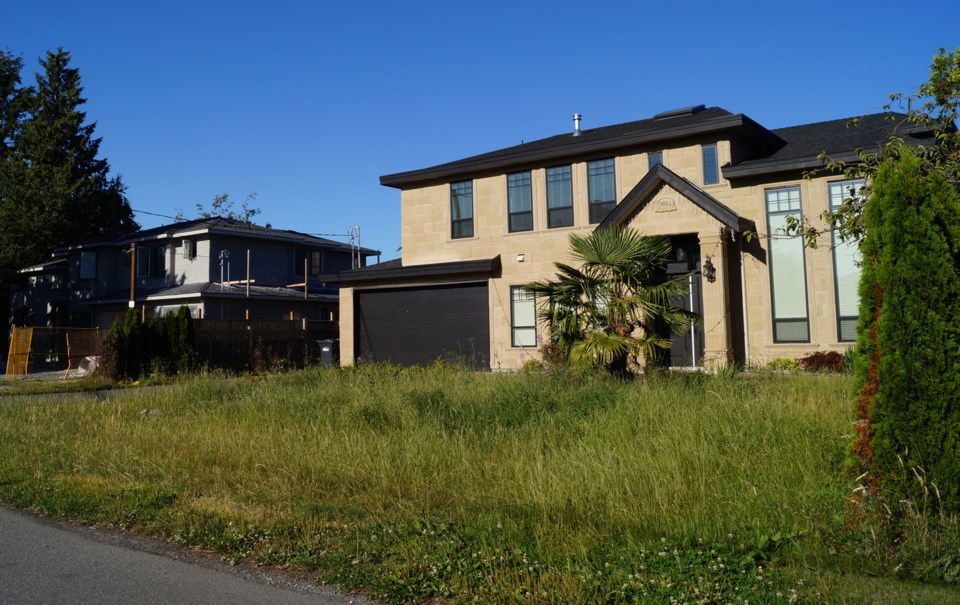The provincial government announced Monday that it is amending the Real Estate Services Act to end self-regulation of the real estate industry.
The move comes after an independent advisory group made recommendations earlier this year to curtail what Premier Christy Clark has called “shady practices” in the industry.
The changes are intended to strengthen consumer protection and restore consumer confidence in the wake of revelations of shadow flipping and double-ended deals, whereby some real estate agents are earning extra profits on transactions at the expense of the initial home seller.
The group made 28 recommendations with the province adopting many of them.
The province will now appoint all members of the Real Estate Council of B.C., the regulatory body that oversees licensees. Furthermore, it will “significantly increase” the government’s superintendent of real estate to oversee and control the council.
Under the new bill, the superintendent is to establish a code of ethics for agents and prohibit them from offering dual agency.
As well, among other changes, the government said it will strengthen requirements for managing brokers to have active and direct oversight over licensees.
In April, New Coast Realty, a Richmond-based real estate firm, had a number of conditions placed on it by the Real Estate Council of BC, after a Globe and Mail investigation indicated its clients’ best interests were not being served.
New Coast was instructed to appoint a new managing broker, approved in advance by the council. The government also aims to increase maximum disciplinary penalties.
Vacancy tax a go, Richmond waits
Richmond will have to wait if it wants to impose a vacancy tax on residential properties. That’s because legislative changes tabled in Victoria Monday, to allow such a tax in Vancouver, will only affect the Vancouver Charter, the set of laws that govern that municipality specifically.
For Richmond to be able to impose a vacancy tax, the provincial government will need to amend the Community Charter, which governs all other local governments in B.C.
The City of Vancouver will design the framework of the vacancy tax, according to Minister of Community, Sport and Cultural Development, Peter Fassbender.
“The issue of housing supply and affordability is impacting British Columbians and the livability of our province, especially the Metro Vancouver region,” said Fassbender.
“The City of Vancouver has identified the need for a vacancy tax in order to meet rental supply issues. We are taking action by introducing legislation today that enables them to do this work,” he added, via a news release.
Richmond Mayor Malcolm Brodie said he would monitor its implementation. He considers the problem to be not as bad in Richmond.



